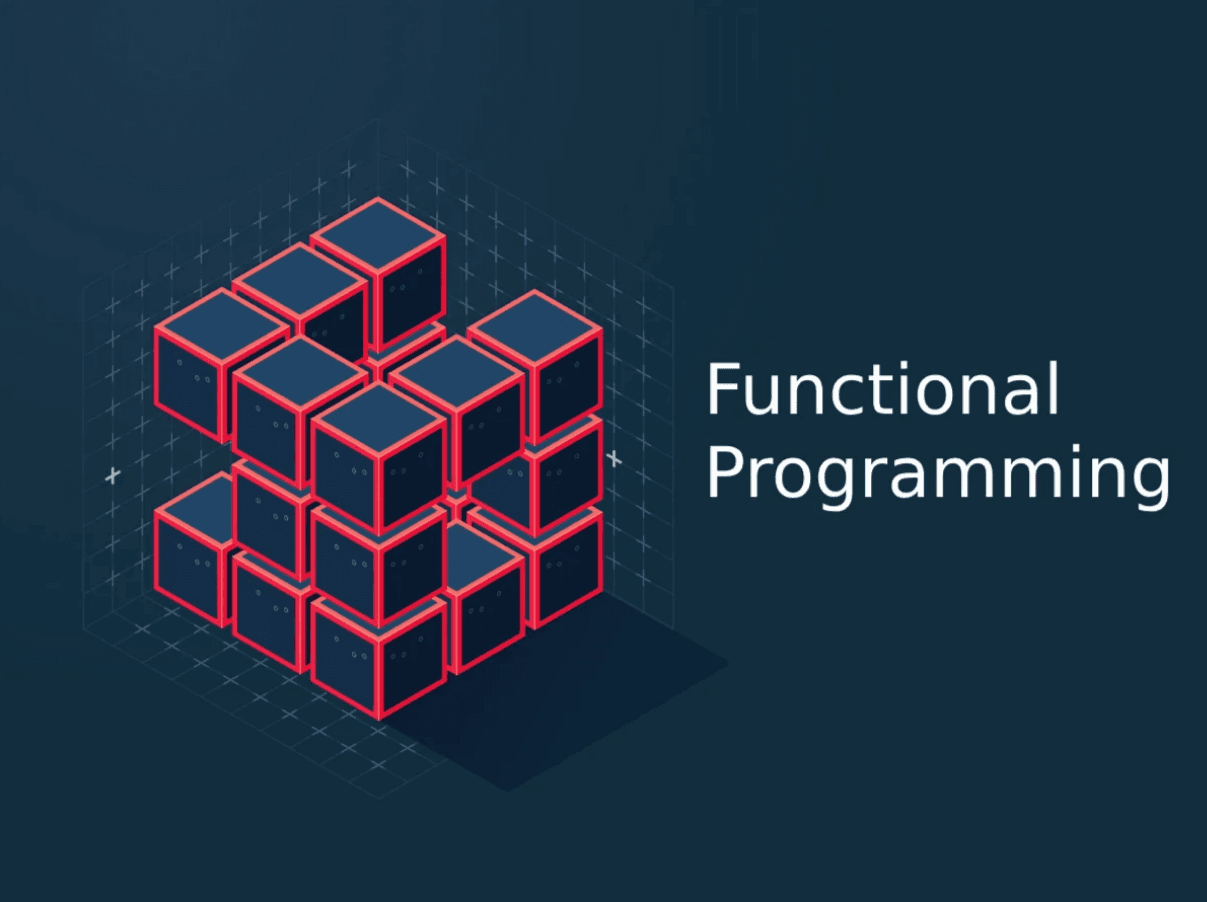Why Functional Programming Should Precede OOP in Your Learning Journey
Unlocking the Power of Functional Programming for Better Software Development

In the field of software development, functional programming, or FP, has been gaining popularity, and for good reason. It has many benefits that can greatly improve your coding abilities and program design methodology, including its emphasis on immutability, first-class functions, and declarative style. Here are several reasons why you should learn functional programming before you dive into object-oriented programming (OOP).
Functional Programming Foundations
Functional programming is a paradigm that stays away from mutable data and changing states, instead treating computation as the evaluation of mathematical functions. Code written using this method is more predictable and testable. Here are a few fundamental ideas of FP:
Immutability: Data structures in FP are unchangeable. This implies that a data structure cannot be altered once it has been constructed. Rather, functions don’t have side effects because new data structures are made as needed.
First-Class Functions: Functions in FP are first-class citizens, which means they can be assigned to variables, supplied as arguments, and returned by other functions. Higher-order functions and more expressive code are made possible by this.
Pure Functions: Pure functions don’t have any side effects and always return the same result for the same input. They are therefore simpler to test and reason about.
Declarative Style: FP produces code that is easier to read and comprehend by emphasizing what has to be done rather than how to do it.
Benefits of Learning Functional Programming First
Improved Code Quality: Writing clear, modular, and reusable code is encouraged by functional programming. Immutability and pure functions are key components that can help you minimize problems and improve the maintainability of your program.
Easier to Learn Other Paradigms: Learning other paradigms, such as OOP, is made simpler if you have a solid understanding of functional programming. Programming styles can be applied on the robust base that the FP discipline offers.
Improved comprehension of concurrency: Safer and more effective concurrent programming is a natural consequence of FP’s immutability and pure functions. In the world of multi-core processing today, being able to develop better concurrent code requires an understanding of these ideas.
Improved Problem-Solving Ability: FP calls for a distinct way of thinking, which frequently results in more creative solutions. Learning FP first helps you cultivate a problem-solving approach that is very helpful when taking on challenging software problems.
Practical Applications and Examples
Let’s take a look at some practical examples to illustrate the power of functional programming.
Example 1: Immutability
// Mutable object example (OOP)
let person = { name: 'Alice', age: 25 };
person.age = 26; // Modifying the object
// Immutable object example (FP)
const person = { name: 'Alice', age: 25 };
const updatedPerson = { ...person, age: 26 }; // Creating a new object
Example 2: Higher-Order Functions
// Higher-order function example (FP)
const numbers = [1, 2, 3, 4, 5];
const doubled = numbers.map(num => num * 2); // Function passed as an argument
console.log(doubled); // Output: [2, 4, 6, 8, 10]
Combining OOP with FP
You can combine the concepts of functional programming with object-oriented programming to create more reliable software designs once you’ve mastered it. You can take advantage of the advantages of both paradigms by using the support provided by several contemporary languages, such as Python, Scala, and JavaScript.
In summary
Gaining proficiency in functional programming prior to object-oriented programming will help you become a more efficient and adaptable developer. You can produce cleaner, more maintainable code and be more prepared to take on the problems of contemporary software development by comprehending and putting the ideas of FP to use.
“Embrace the purity of functional programming, and you’ll find clarity in the chaos of code.” — Burhanuddin Mulla Hamzabhai
Making functional programming a priority in your learning process can help you acquire important insights that will improve the way you approach software development and, in the end, improve your programming skills.